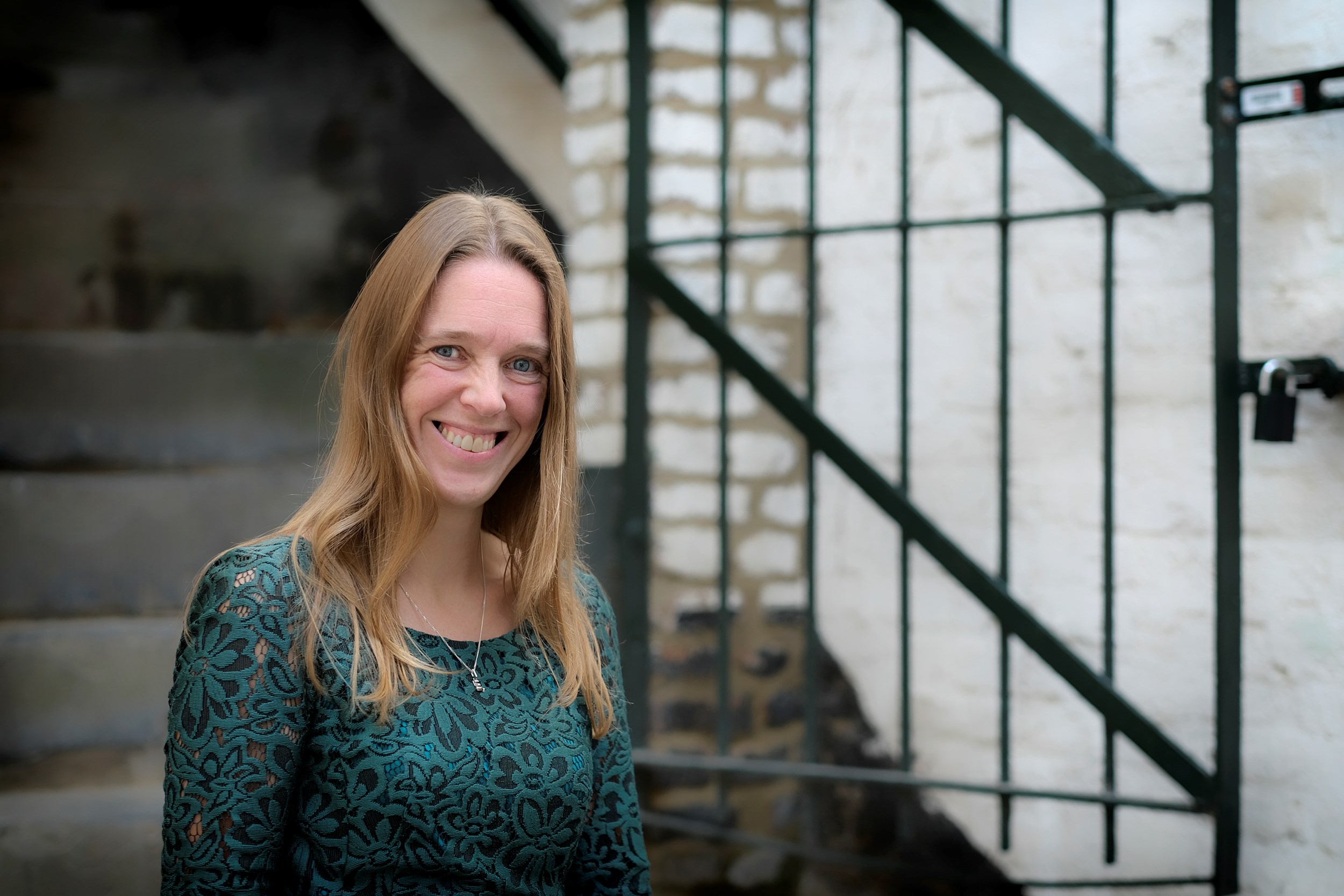Onderwijs, vaardigheden en onderwijstransities
-
Het programma Onderwijs, Vaardigheden en Onderwijstransities van ROA heeft tot doel om vanuit een multidisciplinaire invalshoek te onderzoeken hoe onderwijs effectief kan bijdragen aan de ontwikkeling van vaardigheden in het onderwijs en aan de transities binnen het onderwijs en van het onderwijs naar de arbeidsmarkt.
Binnen dit onderzoeksthema kunnen drie hoofdonderwerpen worden onderscheiden: 1) Schoolcarrières, 2) Onderwijsinnovatie en -ontwikkeling, en 3) Overgangen binnen het onderwijs en naar de arbeidsmarkt. Elk onderzoeksproject dat deel uitmaakt van het programma Onderwijs, Vaardigheden en Onderwijsovergangen van ROA maakt deel uit van één (en soms meer) van deze onderwerpen. Daarnaast zijn er twee overkoepelende thema’s die met deze onderwerpen en met elkaar in wisselwerking staan, wat betekent dat een of beide overkoepelende thema’s in bijna alle projecten die tot dit onderzoeksprogramma behoren, aan bod komen. Het eerste overkoepelende thema is (on)gelijkheid in het onderwijs en het tweede is de ontwikkeling van vaardigheden. Er is een breed scala aan vaardigheden dat onder de ontwikkeling van vaardigheden valt. Denk bijvoorbeeld aan (maar niet beperkt tot) cognitieve vaardigheden, niet-cognitieve vaardigheden (zoals welzijn en motivatie), digitale/AI-vaardigheden, burgerschapsvaardigheden en levensvaardigheden (‘bildung’).
Belangrijke vragen zijn:
- Hoe moeten we het onderwijs organiseren om effectief bij te dragen aan de ontwikkeling van een breed scala aan vaardigheden?
- Wat zijn effectieve manieren om een breed scala aan vaargheden in het onderwijs te ontwikkelen?
- Hoe kan onderwijs effectief bijdragen aan het verwerven van kwalificaties (om deel te nemen aan de samenleving en voorbereid te zijn op de arbeidsmarkt)?
- Hoe kunnen overgangen in het onderwijs en van het onderwijs naar de arbeidsmarkt op een effectieve manier worden georganiseerd?
- Wat is het verband tussen de ontwikkeling van vaardigheden in het onderwijs, overgangen binnen het onderwijs en naar het hoger onderwijs en de arbeidsmarkt, en (on)gelijkheid in het onderwijs?
We kijken naar de transities en de ontwikkeling van vaardigheden van (individuen in) het onderwijs op verschillende niveaus: het macroniveau (nationale onderwijssystemen), het mesoniveau (scholen/klassen) en het microniveau (studenten), evenals naar de relaties tussen deze niveaus. Daarbij kijken we naar de volledige onderwijsketen en naar alle niveaus afzonderlijk, van basisonderwijs tot (hoger) beroepsonderwijs en universitair onderwijs. Gezien de bredere sociale context waarin onderwijs geworteld is, wordt het ook steeds belangrijker om onderwijs, op elk van deze niveaus, te bestuderen in relatie tot thema’s als sociale (on)gelijkheid, globalisering, klimaatverandering en AI.
Onderzoeksthema’s die behoren tot het programma Onderwijs, vaardigheden en onderwijstransities:
- Onderwijsresultaten en schoolcarrières
- Ontwikkeling van vaardigheden in het onderwijs
- Schoolprestaties en schoolkwaliteit
- Overgangen in het onderwijs
- Overgang van het onderwijs naar de arbeidsmarkt
- Onderwijsinnovaties en -ontwikkeling
- Onderwijstechnologie/AI
- (On)gelijkheid in het onderwijs

Programmadirecteur: Prof. Dr. Carla Haelermans